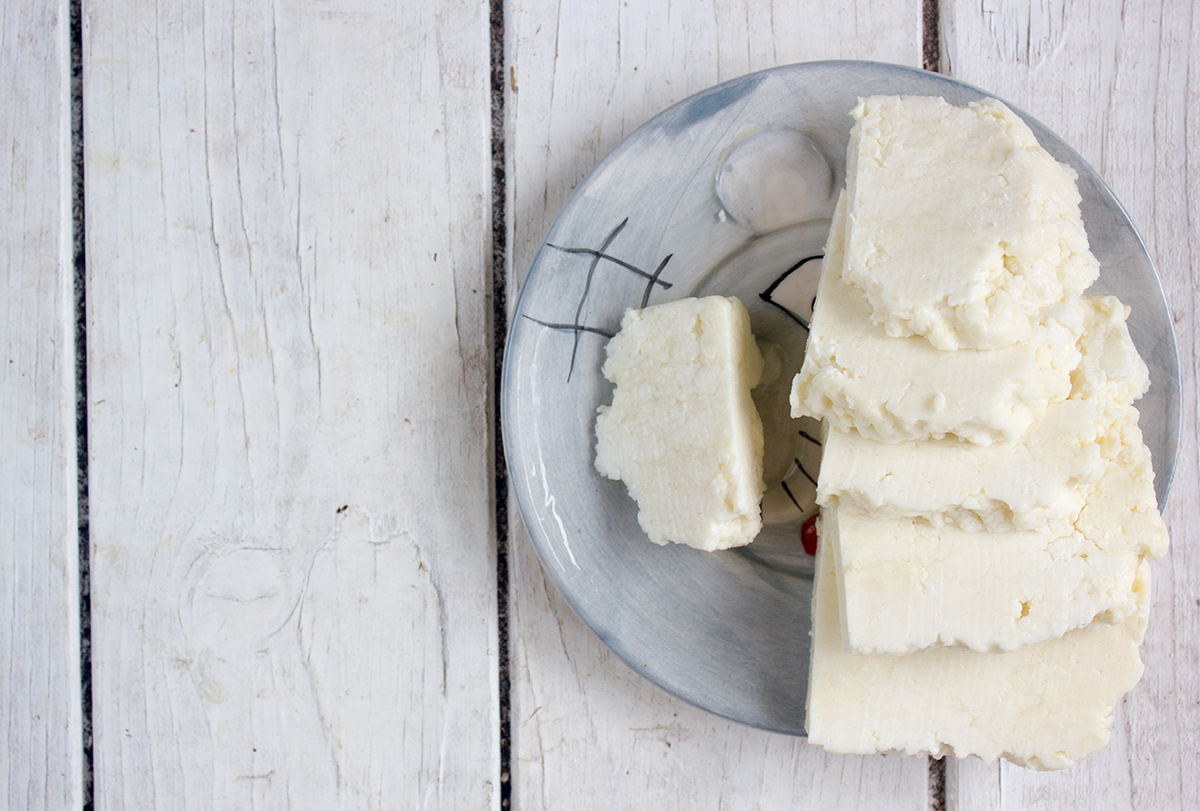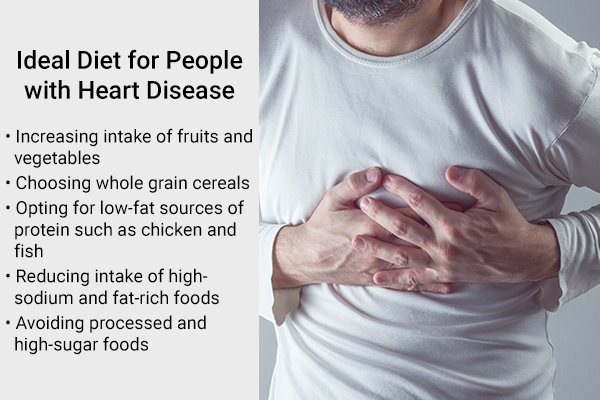In this article:
Heart diseases comprise an array of heart-related conditions that include: (1)

- Hypertension, or high blood pressure
- Atherosclerosis, or the formation of fatty plaques in the inner lining of blood vessels
- Coronary artery disease, which results from less blood flow from the heart
Hypertension and atherosclerosis are the most common conditions, which if left untreated can result in further complications such as heart attacks or strokes.
According to the American Heart Association, there is an occurrence of cardiovascular disease-related death every 34 seconds, and 47% of US adults are estimated to have hypertension. (2)
Naturally, with stats as frightening as these, management methods including diet should be given ample importance.
As such, a diet high in saturated fat is a big no for people with heart disease. (1) Thus, foods high in saturated must be avoided, and such foods include paneer!
Consuming half a serving of paneer twice a week will not be an issue, but regular consumption should be avoided.
Why Is Paneer Not Recommended for People With Heart Disease?
Paneer is a variety of Indian soft cheese, made by curdling milk to separate milk solids from its liquids. The mix is drained to leave behind a protein-rich white paneer.
Paneer is considered a protein-rich food that contains 16%–18% protein and 22%–25% fat. (3)
A single serving of paneer (100 g) provides 321 calories, 25 g of fat, and 25 g of protein. (4) Such a high fat content will contribute to the elevation of cholesterol levels and formation of fatty plaques in the blood vessels.
When compared to other sources of protein such as chicken (18 g of protein and 1.5 g of fat in a single 90 g serving) (5) or fish (25 g of protein and 14 g of fat in a single 100 g serving), (6) paneer is a relatively poor choice when it comes to heart-healthy food.
Ideal Diet for People With Heart Disease
Experts suggest following the “Mediterranean diet” or the DASH diet to keep the heart healthy. Both diets follow a similar way of eating and recommend: (7)

- Increasing intake of fruits and vegetables
- Choosing whole grain cereals
- Opting for low-fat sources of protein such as chicken and fish
- Reducing intake of high-sodium and fat-rich foods
- Avoiding processed and high-sugar foods
Several studies have demonstrated the beneficial impact of both diets on lowering inflammation in the body and improving overall outcomes of health. (7)
What Types of Cheese Can I Eat?
Any cheese will be high in fat. However, you can occasionally use feta cheese as a topping on salad or use seasoned Greek yogurt as a dip instead of cheese.
Practical Takeaway
- Heart diseases that include hypertension, atherosclerosis, and coronary heart diseases are responsible for a high number of deaths every year.
- One of the main culprits in developing heart diseases include foods high in saturated fat which include foods like paneer.
- As paneer is made by curdling the milk to separate the liquid component from milk solids, the resulting paneer is a concentrated source of fats.
- While a diet high in protein is recommended, expert bodies also advise reducing high fat foods, such as paneer for optimal heart health.
- Was this article helpful?
- YES, THANKS!NOT REALLY


